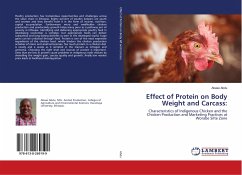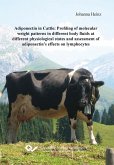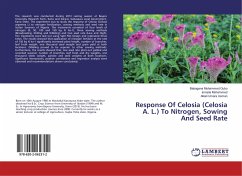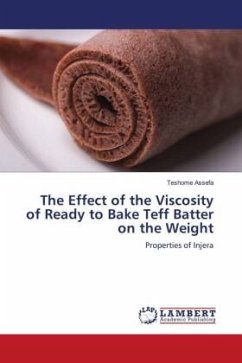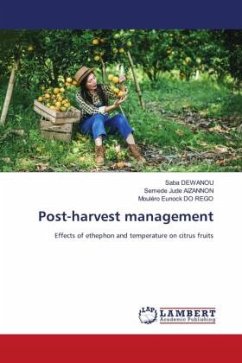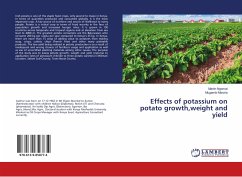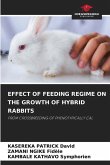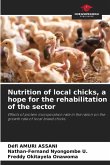Poultry production has tremendous opportunities and challenges across the value chain in Ethiopia. Eighty percent of poultry keepers are youth and women and they benefit from it in the form of income, nutrition, capital accumulation. Furthermore micro and smallholder chicken production and productivity growth helps many poor as a pathway out of poverty in Ethiopia. Identifying and delivering appropriate poultry feed in developing economies is complex, but appropriate feeds can deliver substantial and long-lasting benefits as seen in the developed world, huge gains can be unlocked through feed. Protein is one of the most expensive ingredients of the chicken feed, which hinders the chicken production activities of micro and small enterprises. Too much protein in a chicken diet is coasty and a waste as it secreted in the manure as nitrogen and ammonia. Choosing the right level and sources of protein is important. Diets that are low in protein cause problems in indigenous male chicken by dwindling the weight gain, carcass quality and growth, finally low market price leads to livelihood disintegration.
Bitte wählen Sie Ihr Anliegen aus.
Rechnungen
Retourenschein anfordern
Bestellstatus
Storno

